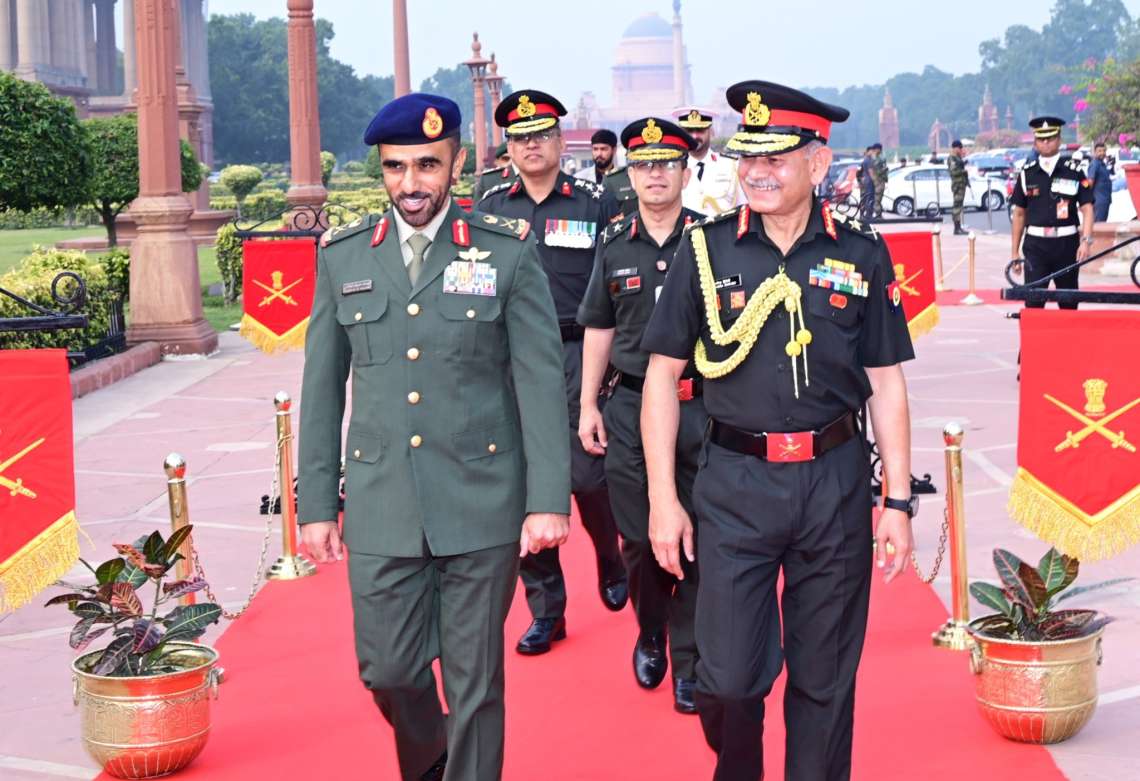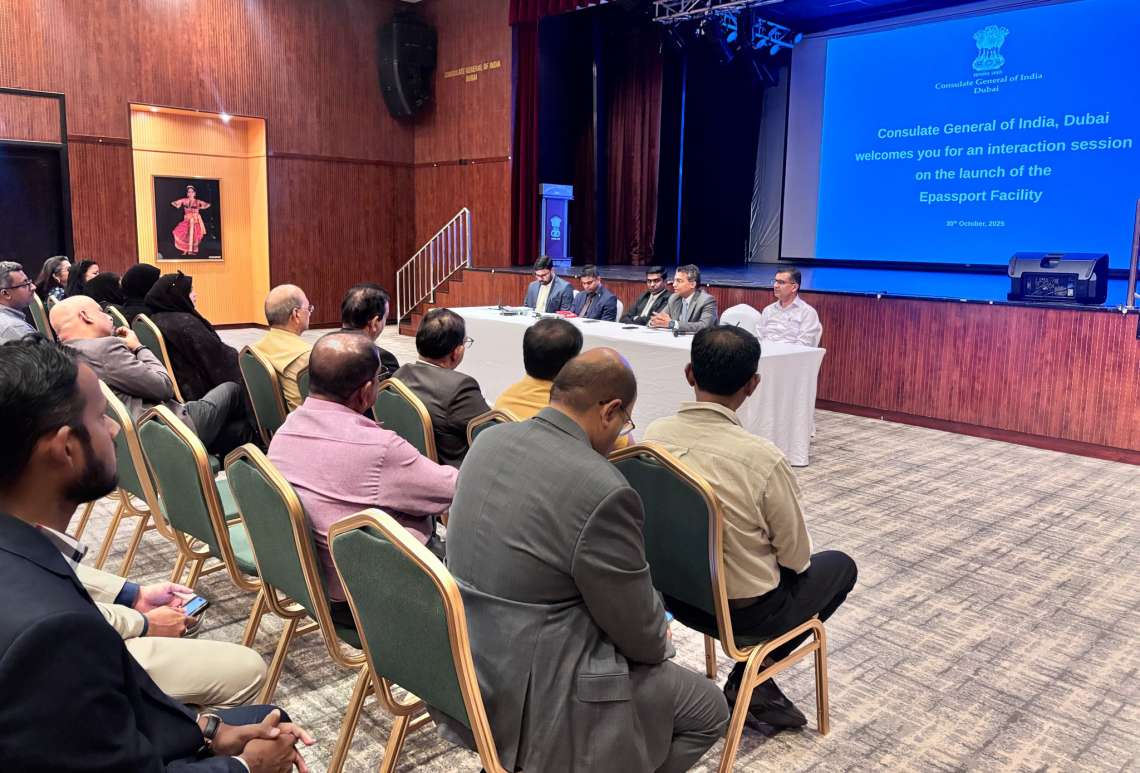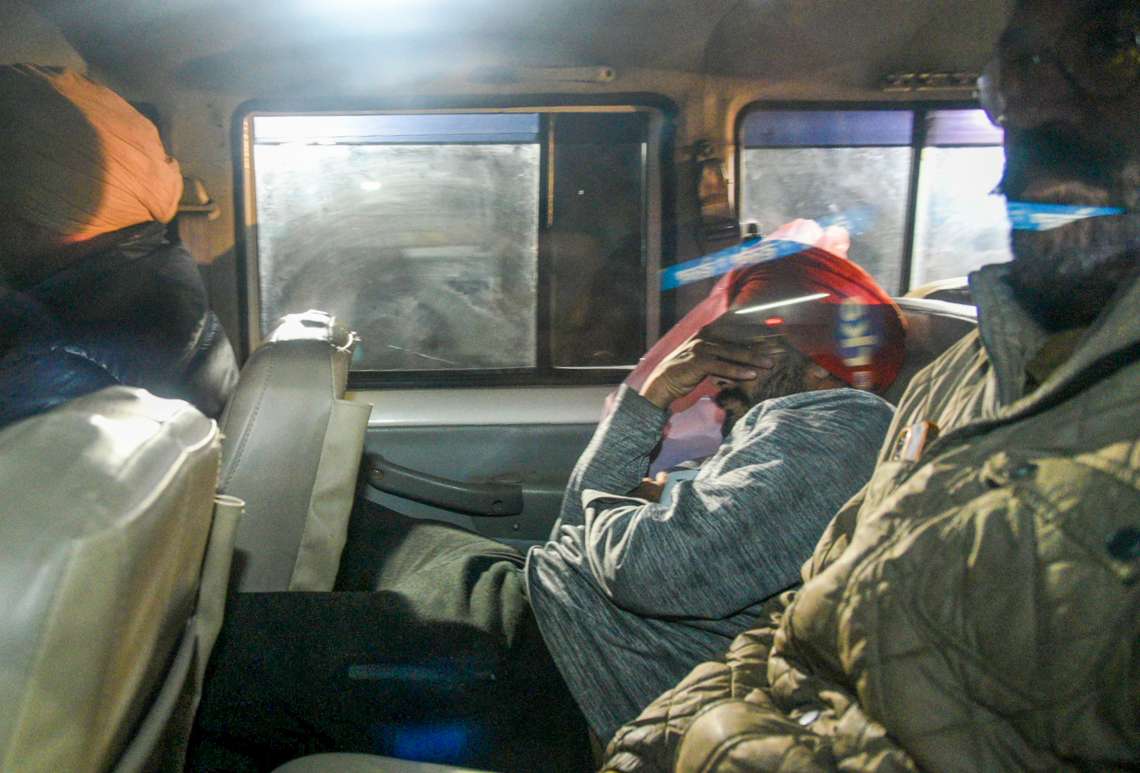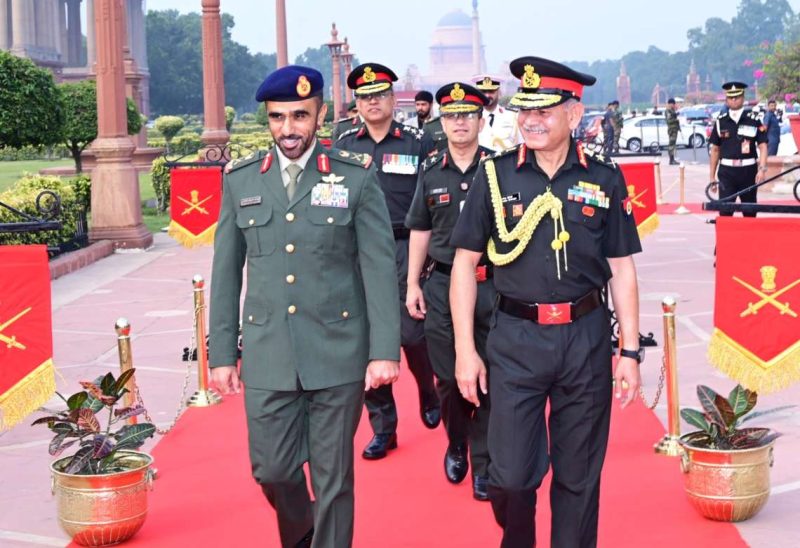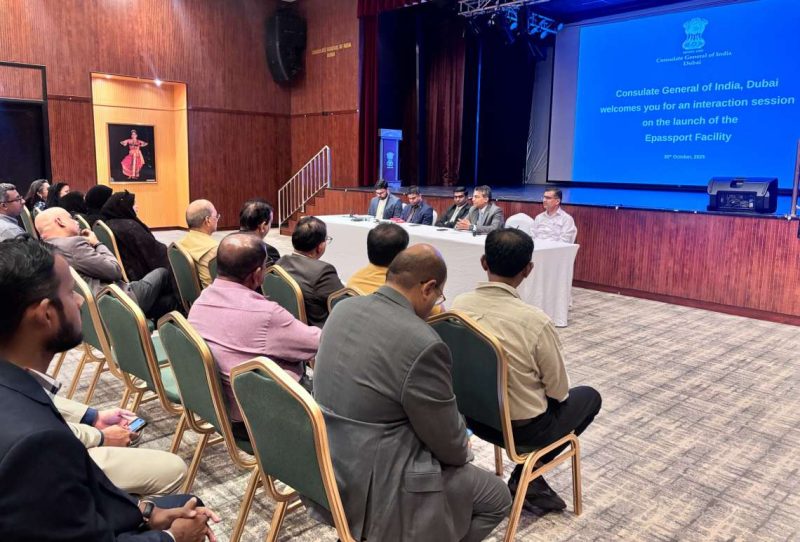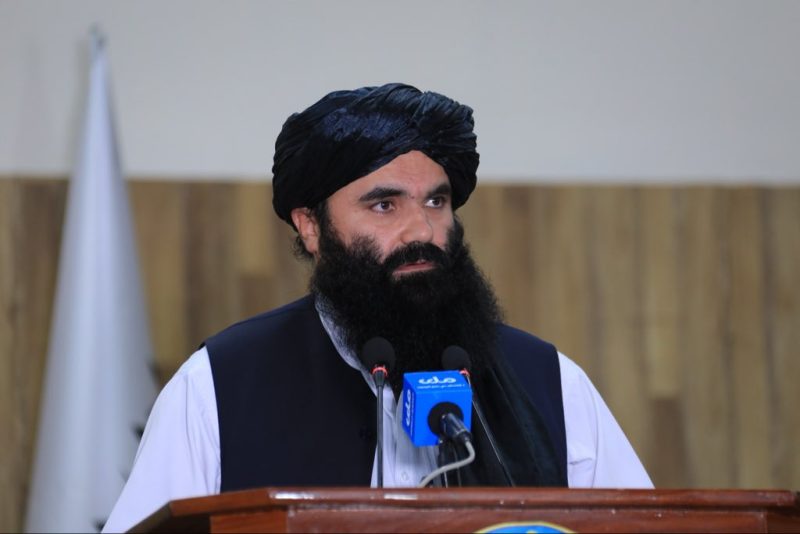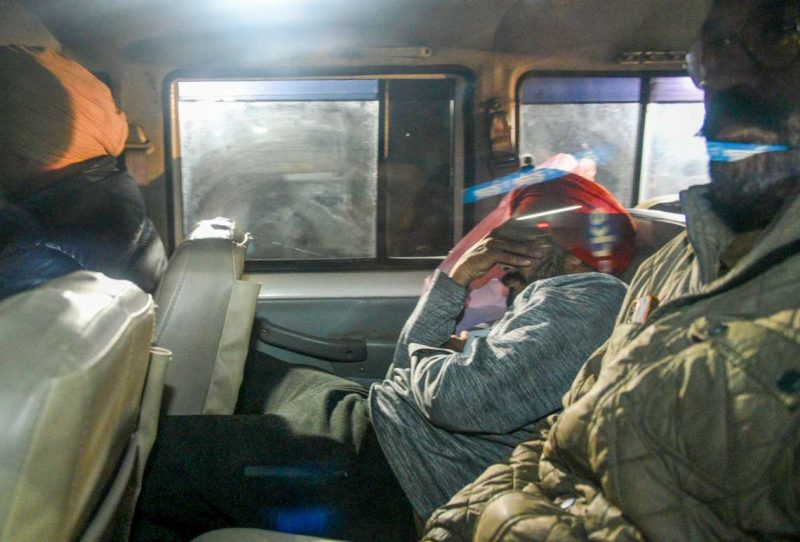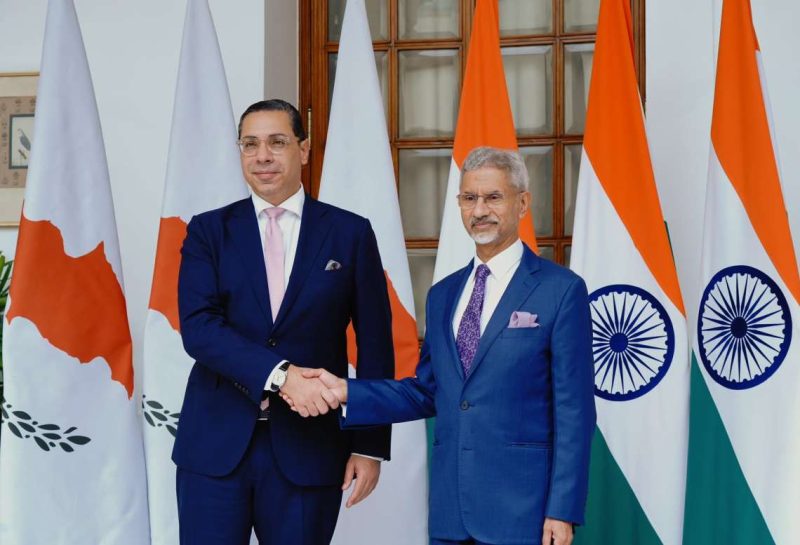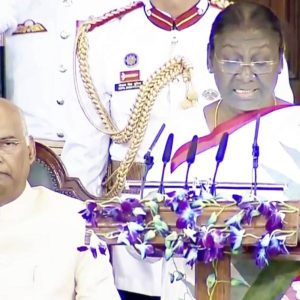Indian strategic planners fully understand Indonesia’s importance in ensuring a free and open Indo-Pacific region, reports Rahul Kumar
India and Indonesia, two major democracies in Asia are moving fast to strengthen their Comprehensive Strategic Partnership. Despite Covid-19 bringing the world to a halt, the two have been working on improving defence, maritime and security related issues since Prime Minister Narendra Modi’s visit in May 2018.
Recently, V. Muraleedharan, India’s Minister of State for External Affairs discussed cooperation on regional issues with Mahendra Siregar, Vice Minister of Foreign Affairs of Indonesia.
In an exclusive interview to India Narrative, Prof. Baladas Ghoshal, former chairman of the Centre for South and Southeast Asian Studies, JNU, and former General Secretary at the Society for Indian Ocean Studies says: “Much is happening between India and Indonesia in defence and maritime arenas. The two nations have been discussing the sale of Brahmos and India’s role in capacity building Indonesia’s maritime forces”.
Indonesia, a prominent South East Asian nation, is also discussing the possibility of joint patrolling in the strategic strait of Malacca which connects the Andaman Sea in the Indian Ocean with the South China Sea in the Pacific Ocean. This is a maritime route through which a large percentage of the global trade crosses. The two nations have also been discussing increased access for India to Indonesia ports including Sabang and Aceh.

Prof. Ghoshal says: “If we get access to Indonesia ports, we look into the Pacific. France already has a presence there. If we put ourselves there, we can put China in great difficulty”. He adds that the Aceh and Andaman link could be established for trade and financial purposes. “The Aceh port is only 80 km from Nicobar. The two countries are discussing creating a regional economic zone in this region”.
There is a convergence of interests between the two nations who share civilization links and take pride in a common cultural heritage. What also brings Delhi and Jakarta closer is the fact that both pursue an independent foreign policy doctrine. Located strategically, Indonesia as a matter of policy, does not allow foreign military bases on its territory.
ALSO READ: Indonesia urged not to push back Rohingya
Modi’s visit in 2018 led to a strategic engagement in which the nations decided to hold annual summit meetings and framed a “robust architecture of dialogue in place, including the Ministerial and Working Group Mechanisms”. They also agreed to enhance mutual trust through regular interactions between the defence forces of the two countries.
A joint statement by Modi and Indonesian President Joko Widodo led to the adoption of a ‘Shared Vision on Maritime Cooperation in the Indo-Pacific between India and Indonesia’, with the belief that the two nations can cooperate in the maritime sector and be a force of stability in the region. The two are engaged comprehensively on this.
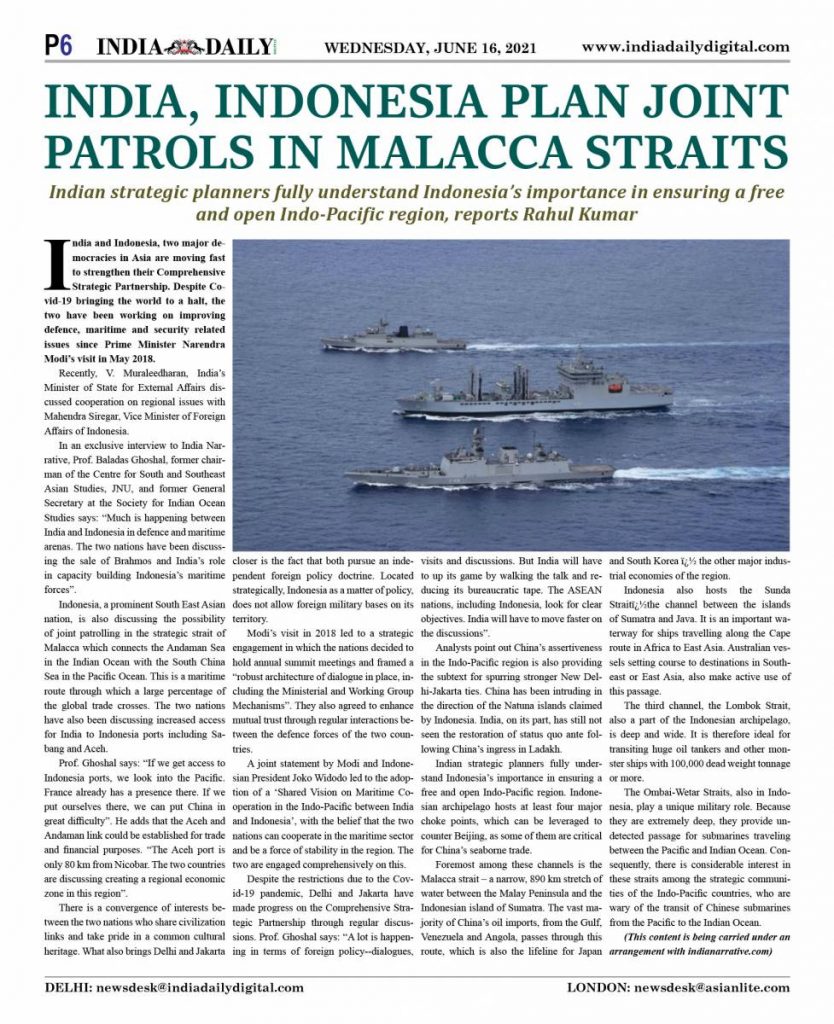
Despite the restrictions due to the Covid-19 pandemic, Delhi and Jakarta have made progress on the Comprehensive Strategic Partnership through regular discussions. Prof. Ghoshal says: “A lot is happening in terms of foreign policy–dialogues, visits and discussions. But India will have to up its game by walking the talk and reducing its bureaucratic tape. The ASEAN nations, including Indonesia, look for clear objectives. India will have to move faster on the discussions”.
Analysts point out China’s assertiveness in the Indo-Pacific region is also providing the subtext for spurring stronger New Delhi-Jakarta ties. China has been intruding in the direction of the Natuna islands claimed by Indonesia. India, on its part, has still not seen the restoration of status quo ante following China’s ingress in Ladakh.
Indian strategic planners fully understand Indonesia’s importance in ensuring a free and open Indo-Pacific region. Indonesian archipelago hosts at least four major choke points, which can be leveraged to counter Beijing, as some of them are critical for China’s seaborne trade.
Foremost among these channels is the Malacca strait�a narrow, 890 km stretch of water between the Malay Peninsula and the Indonesian island of Sumatra. The vast majority of China’s oil imports, from the Gulf, Venezuela and Angola, passes through this route, which is also the lifeline for Japan and South Korea � the other major industrial economies of the region.
Indonesia also hosts the Sunda Strait�the channel between the islands of Sumatra and Java. It is an important waterway for ships travelling along the Cape route in Africa to East Asia. Australian vessels setting course to destinations in Southeast or East Asia, also make active use of this passage.
The third channel, the Lombok Strait, also a part of the Indonesian archipelago, is deep and wide. It is therefore ideal for transiting huge oil tankers and other monster ships with 100,000 dead weight tonnage or more. The Ombai-Wetar Straits, also in Indonesia, play a unique military role. Because they are extremely deep, they provide undetected passage for submarines traveling between the Pacific and Indian Ocean. Consequently, there is considerable interest in these straits among the strategic communities of the Indo-Pacific countries, who are wary of the transit of Chinese submarines from the Pacific to the Indian Ocean.
(This content is being carried under an arrangement with indianarrative.com)



